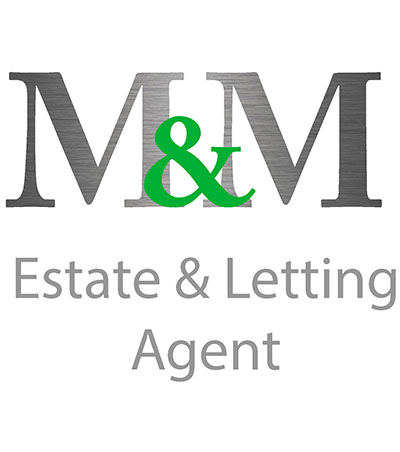Minimum Energy Efficiency Standard (MEES) come into force on 1st April 2020!
Minimum Energy Efficiency Standard (MEES) come into force tomorrow, 1 April 2020!
So, what does this mean to Landlords?
The Energy Efficiency (Private Rented Property) (England and Wales) Regulations 2015 established the MEES which set a minimum energy efficiency level for all domestic private rented properties in England and Wales that are required to have an Energy Performance Certificate (EPC). Where this applies, and the property has an EPC rating of F or G, landlords must take appropriate steps to comply with the requirements of the MEES regulations.
Landlords – Step 1 – Check the EPC rating of your rented property. If it has a rating of A through to E then no action is required. It might be an idea to check the expiry of your certificate at this time too. If the rating is an F or G then read on….
From 1 April 2020 it is prohibated to let properties with an EPC rating of F and G, even where there has been no change of tenancy. Landlords with properties assessed at EPC F and G must now improve the property rating to E or register an exemption if they want to continue to let it.
It is worth noting that all existing exemptions registered on the basis that a landlord could not get any funding for energy efficiency improvements will end for individual properties on 31 March 2020, instead of after five years. Landlords who had registered such exemptions prior to 1 April 2019 will now be required to make improvements (up to £3,500) to ensure their properties achieve EPC E by 1st April 2020 – unless a further exemption is successfully applied for.
FUNDING - Since 1 April 2019, landlords of domestic properties with an EPC rating below E must carry out up to £3,500 worth of works improving their energy efficiency even if they cannot obtain third-party funding to meet the costs. If the upgrade to EPC E cannot be achieved for £3,500 or less, then landlords must make all the improvements that can be made up to the cost limit, and then register for an ‘all improvements made’ exemption.
RELEVANT IMPROVEMENTS - The MEES Regulations refer to the concept of ‘relevant energy efficiency improvements’. This is a measure, or package of measures, recommended in the EPC report, which can be purchased and installed for £3,500 or less (including VAT) - the cost cap. Landlords can install any energy efficiency measures, but if their chosen measures are not on the government’s list of ‘recommended energy efficiency improvements’ and they fail to improve the property to EPC E, then landlords cannot let the property or register an ‘all improvements made’ exemption.
Landlords Step 2 – Read the EPC. What are the relevant improvements? Have you already carried out the recommended improvements? If not, you will need to unless you can apply for an exemption.
EXEMPTIONS - There are various exemptions that can be applied for if your property has an energy efficiency rating below an E. If your property meets the criteria for any of the exemptions, you will be able to let it once you have registered the exemption on the Private Rented Sector (PRS) Exemptions Register. Details on the exemptions available and how to apply can be found on the Government's website by clicking here.
Should you need any further information or require assistance in applying for an exemption or instructing a new EPC please contact the office in the usual way. We will be happy to help!
Sarah

